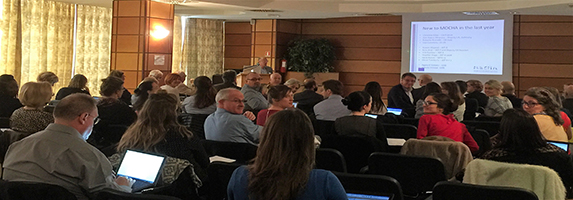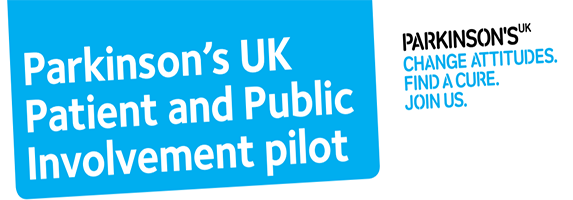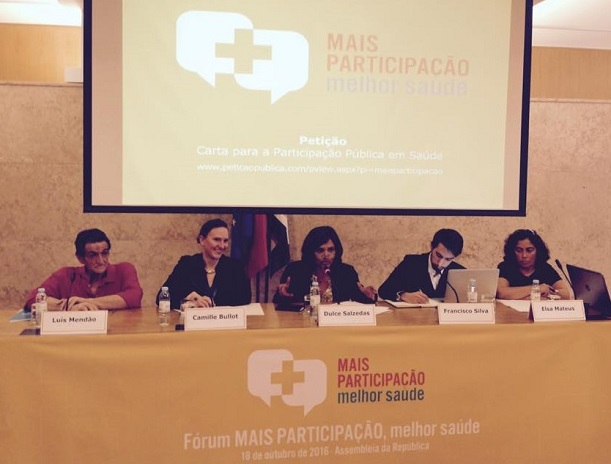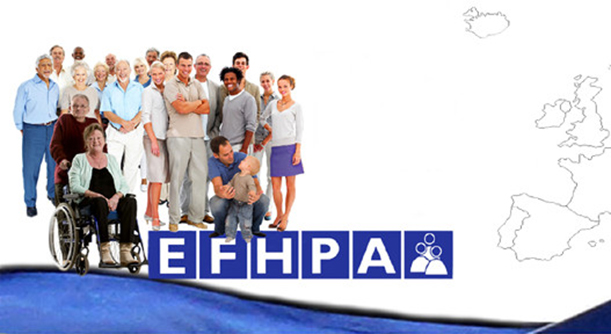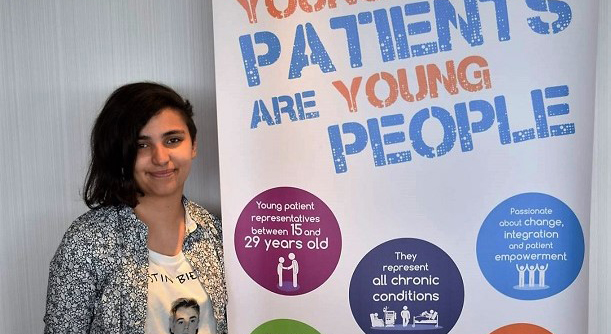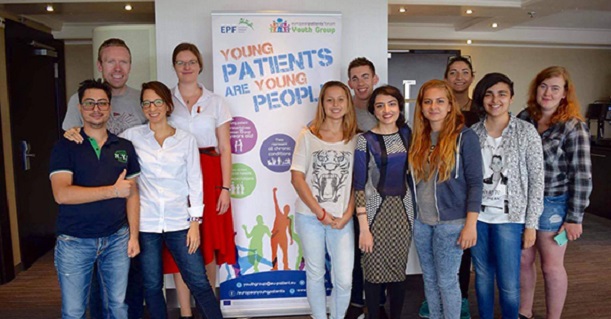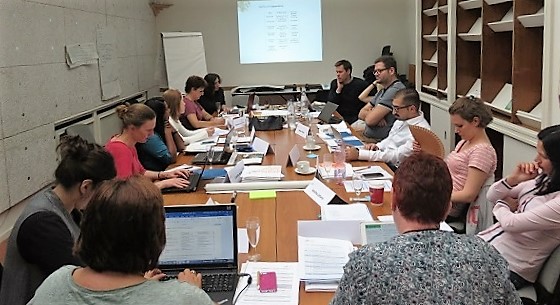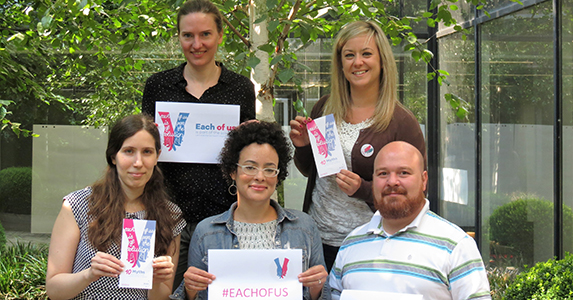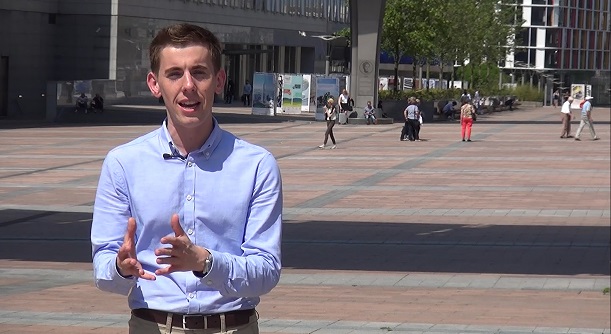Antimicrobial Resistance, the resistance to some antibiotic drugs is a very hot topic currently raging – and rightly so – in view of its alarming proportions. Mary Lynne Von Poelgeest-Pomfret, from the World Federation of Incontinent Patients shares on our blog her very personal and touching story.
It is a story very close to home as it relates to my husband, and I think we, patient, carers, health professionals, can all learn from it.
It all began in the autumn of 2015. My husband went to our GP and was diagnosed with an acute urinary tract infection for which he was prescribed a course of broad spectrum antibiotics. No change. Symptoms persisted. A second course of antibiotics. Still no change. By the third visit, weeks later, it was finally decided to do a urine culture to test. This revealed antimicrobial resistance to two well-known bacteria: helicobacter pylori and morganella morgani.
Without going into the details, my husband was reluctantly referred to the academic teaching hospital in our region. A treatment plan was quickly set up, involving a surgical intervention and three weeks of antibiotics administered via an IV. The plan was then to spend the first few days post-operatively in the hospital and subsequently continue with the treatment at home.
To summarize, the surgical intervention and antibiotic IV administered in the hospital to combat the AMR were correct, but the actual methodology and implementation protocols within the hospital failed.
The surgical intervention led to complications which were incidentally never explained in the hospital. The IV treatment was fine in the clinical setting but there were few, if any, adequate mechanisms in place to enable a smooth transfer to the home situation. The onus was entirely on the patient and in this case it was me who had to arrange for the continuation of the IV antibiotic treatment at home.
The mechanisms for the transfer of the IV treatment to the home situation were just not in place and the hospital didn’t really wish to know. It was only thanks to endless running around (on my part), persistence and resolute handling of the situation by the wonderful specialized homecare nursing team – nothing but praise and admiration – that treatment at home could be continued.
But then the following to cap it all.
The dosage in the IV containers as prescribed according to the dosage as administered in the hospital setting went completely wrong. The local pharmacist supplied the antibiotics in the wrong dosage.
It was only thanks to the ‘beady eye’ of the specialist homecare nurse immediately after release from hospital that the situation was rectified, and only after many phone calls between the homecare nurse, the hospital and local pharmacists.
In the end, the various hiccups and errors were rectified and despite the extremely cumbersome and onerous situation both for my husband and myself, the future is looking optimistic as far as the AMR is concerned.
But there are many lessons to be learnt:
- From the outset, the flippant attitude towards the antimicrobial resistance needs to be addressed. AMR should be taken seriously and treated accordingly.
- The communication channels between the various parties and hospital protocols need to be tightened up. The checks and balances certainly need to be in place when it comes to medical prescriptions, and also the transfer of care from the clinical setting to the homecare environment.
- Finally, a patient should never be placed in the precarious, onerous and utterly irresponsible situation with which we were confronted.
The lesson for the patient and the carer is therefore to be steadfast: demand the right treatment and do not take a no for an answer. Much of the hardship, frustrations and inadequacies of the system could have been avoided had we been more resolute and indeed better informed. My husband would not had had to undergo a very invasive surgery and AMR treatment if there had been a dedicated treatment plan right from the outset.
So the message is clear:
Speak up and take note of all parties involved! As a patient, be resolute and know what is best for you. Communicate and question so that errors can at least be minimised, and if in doubt… ASK!
